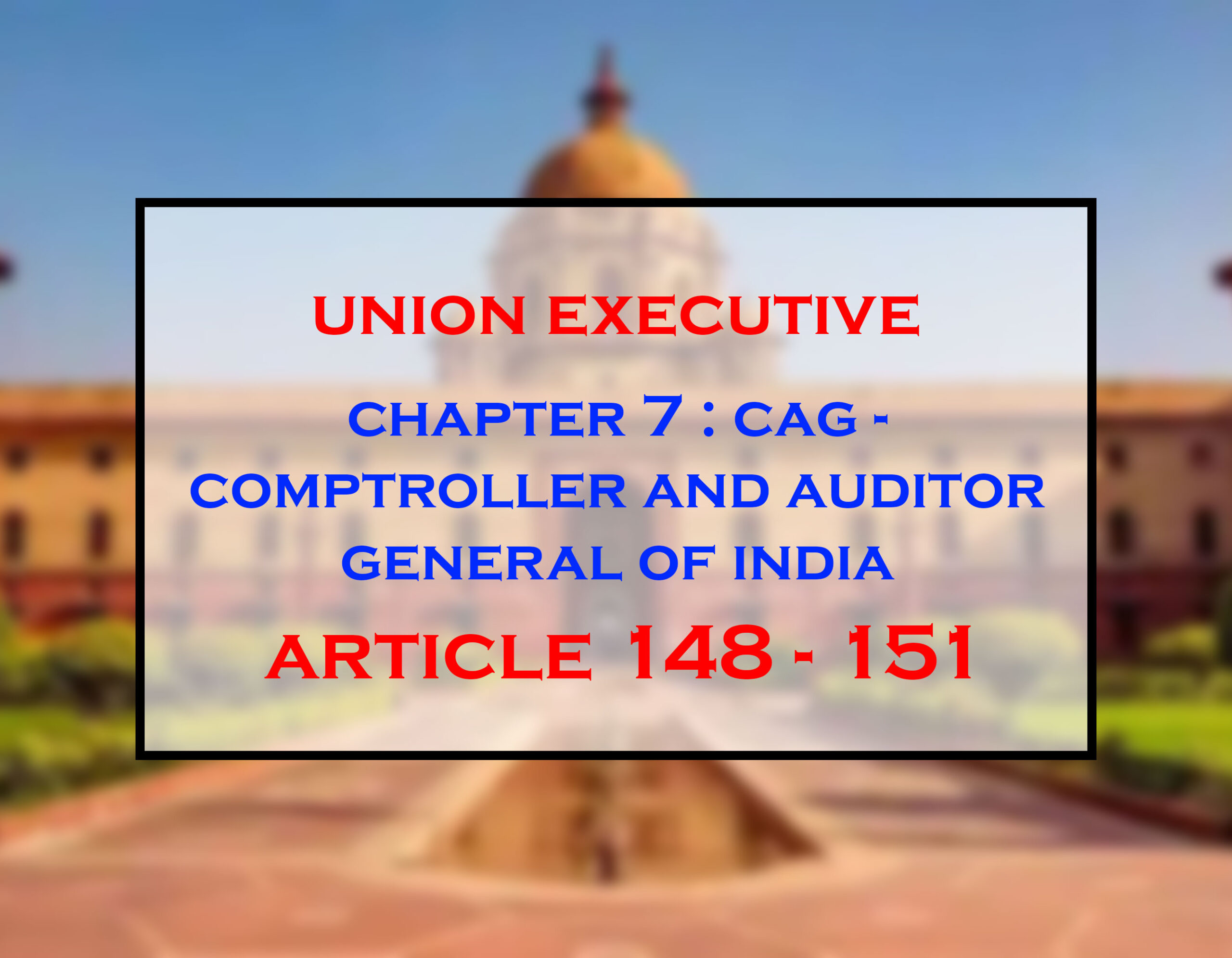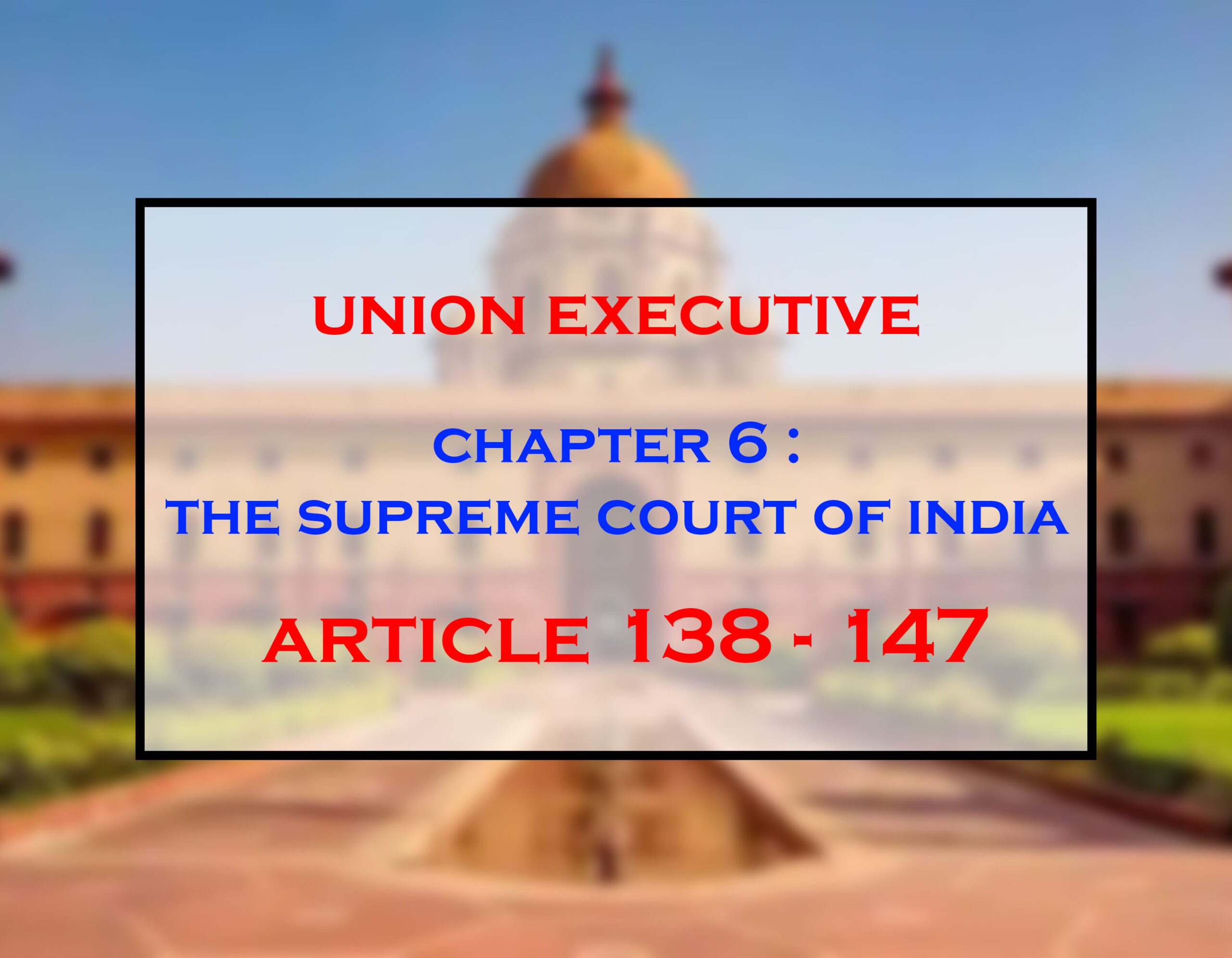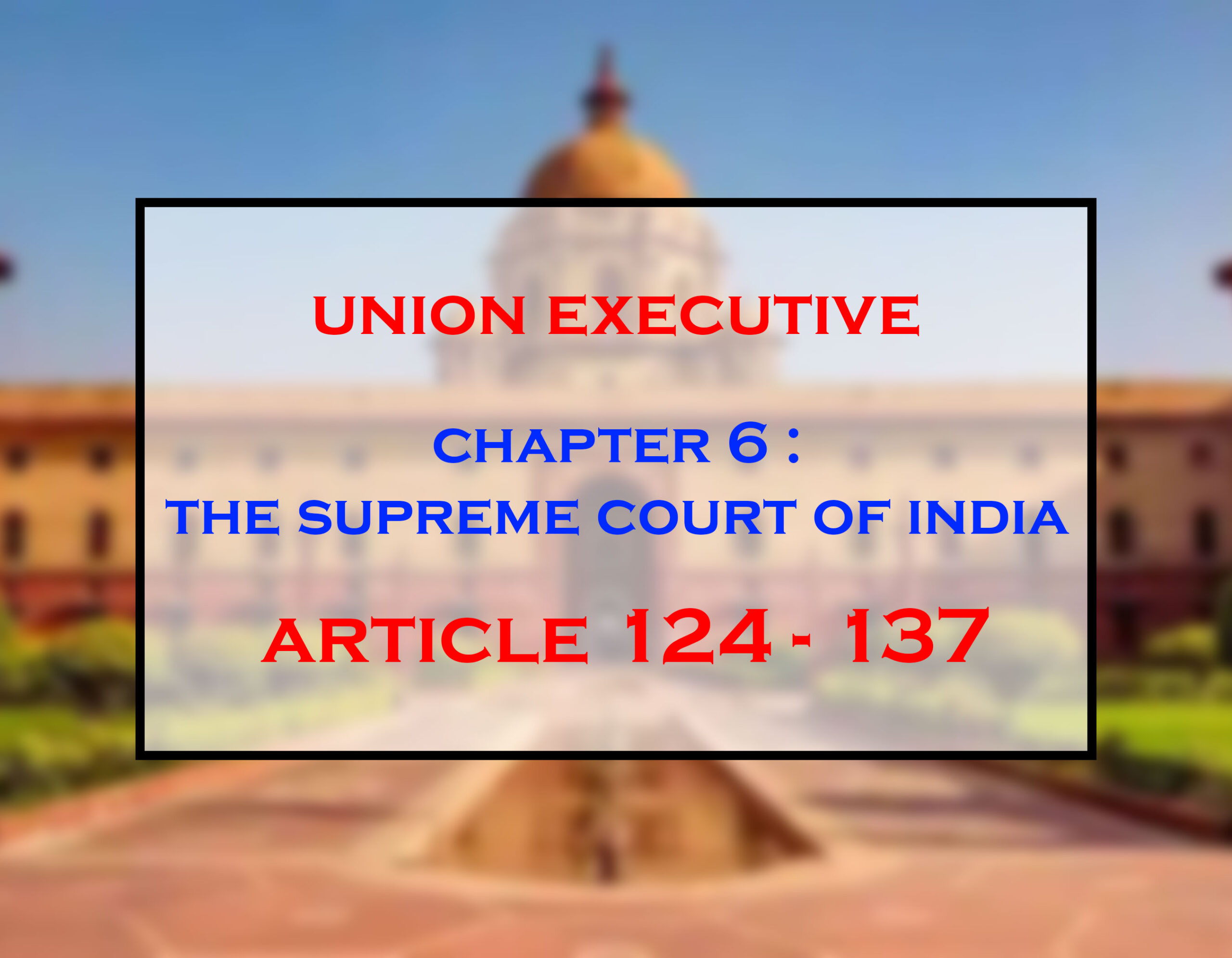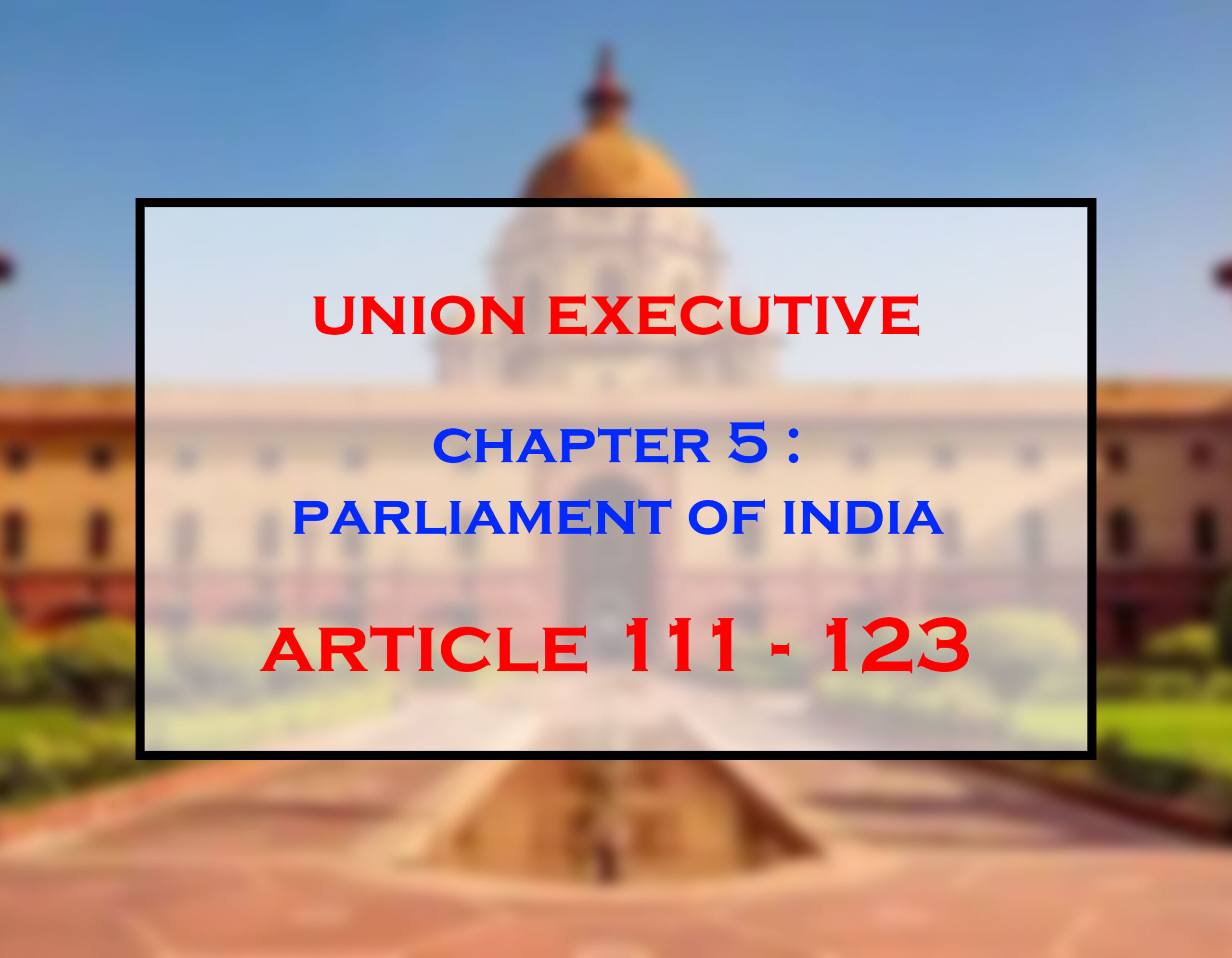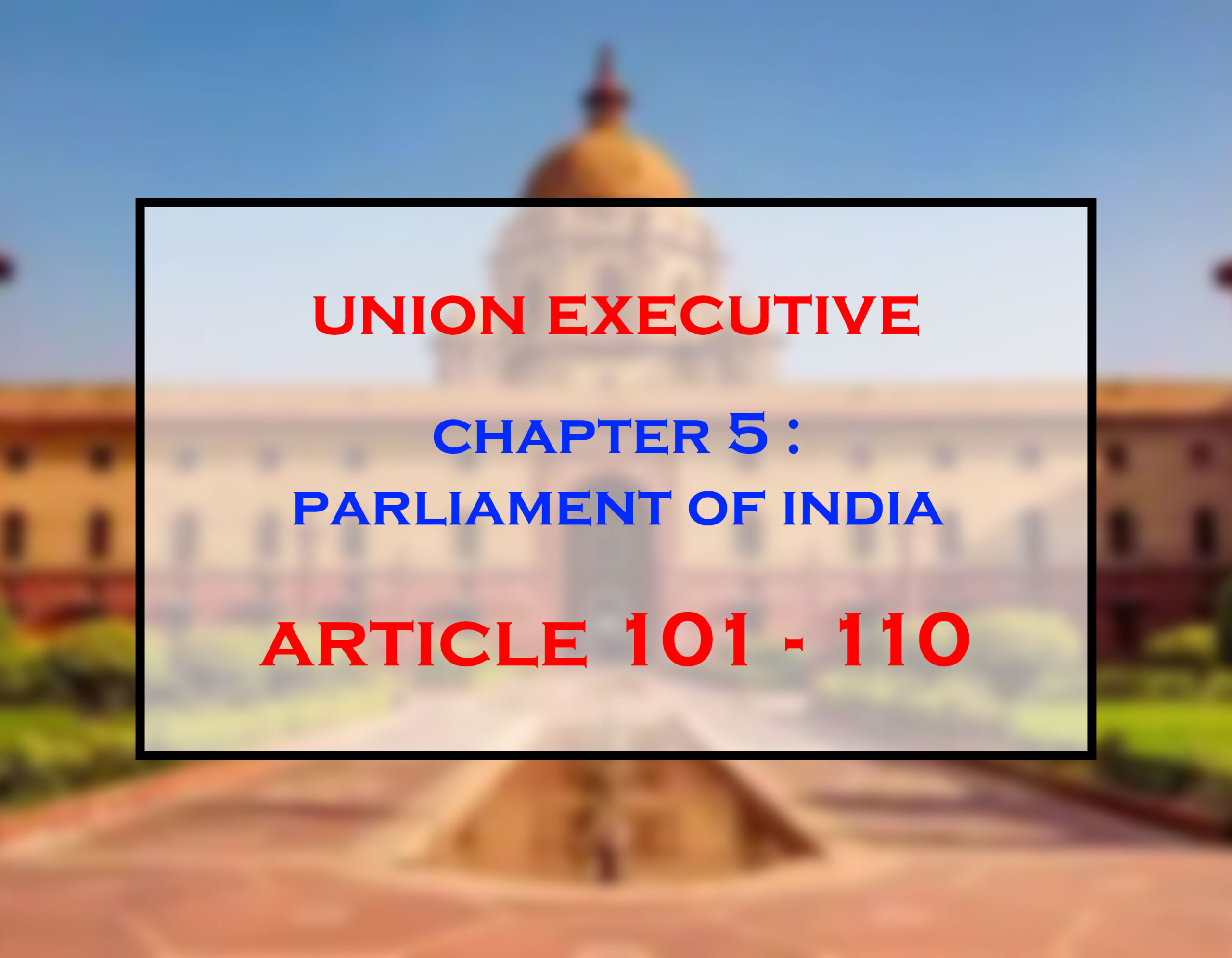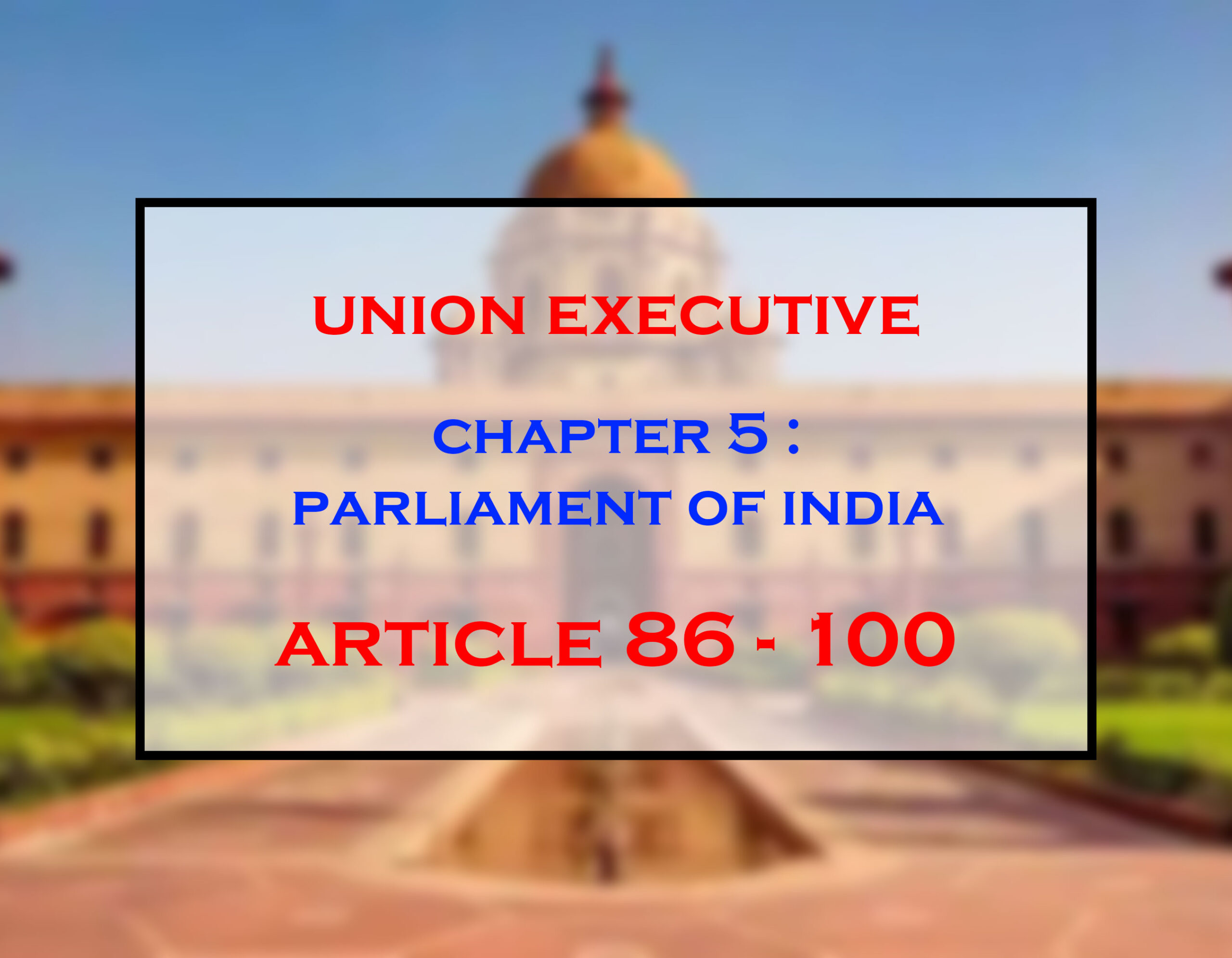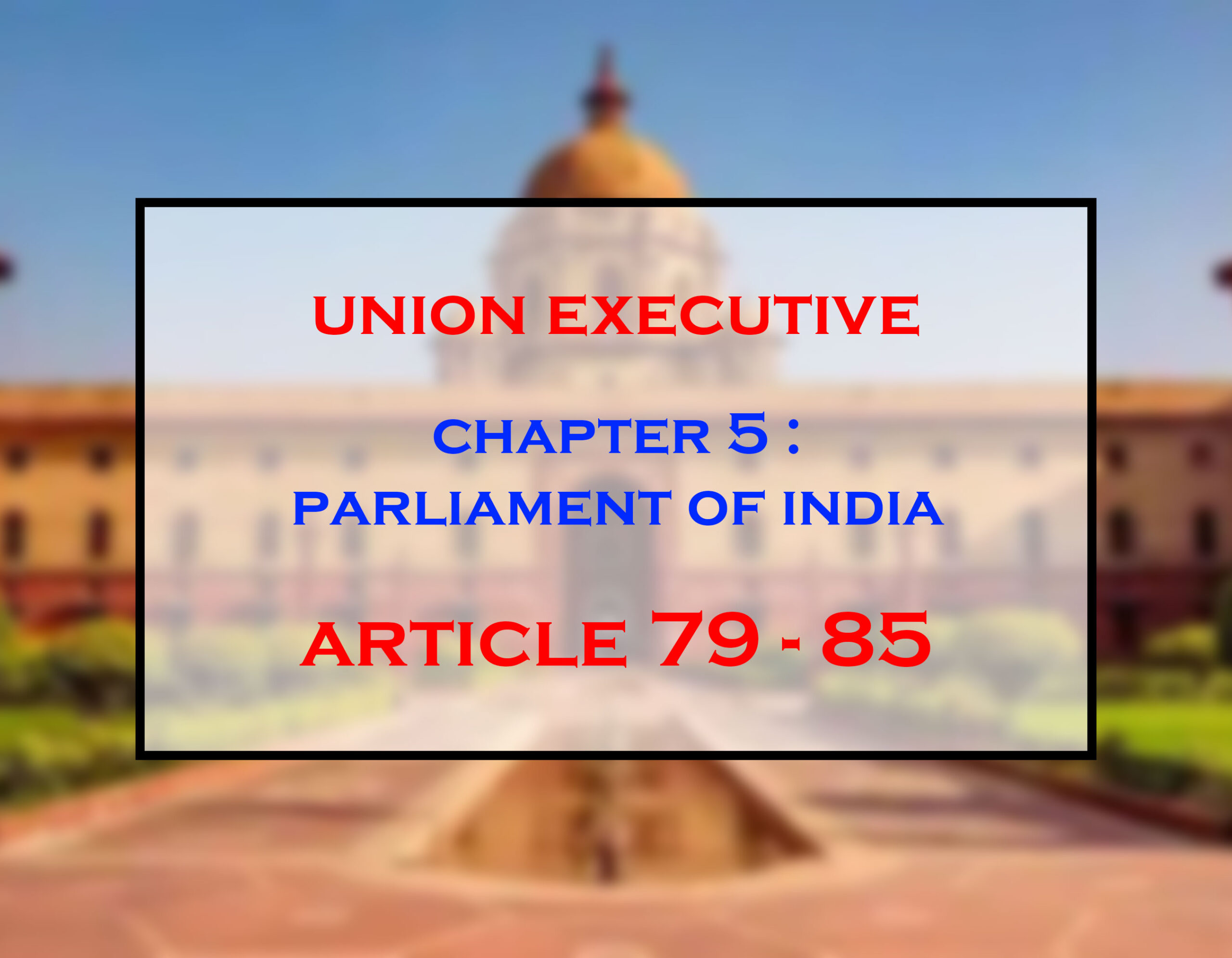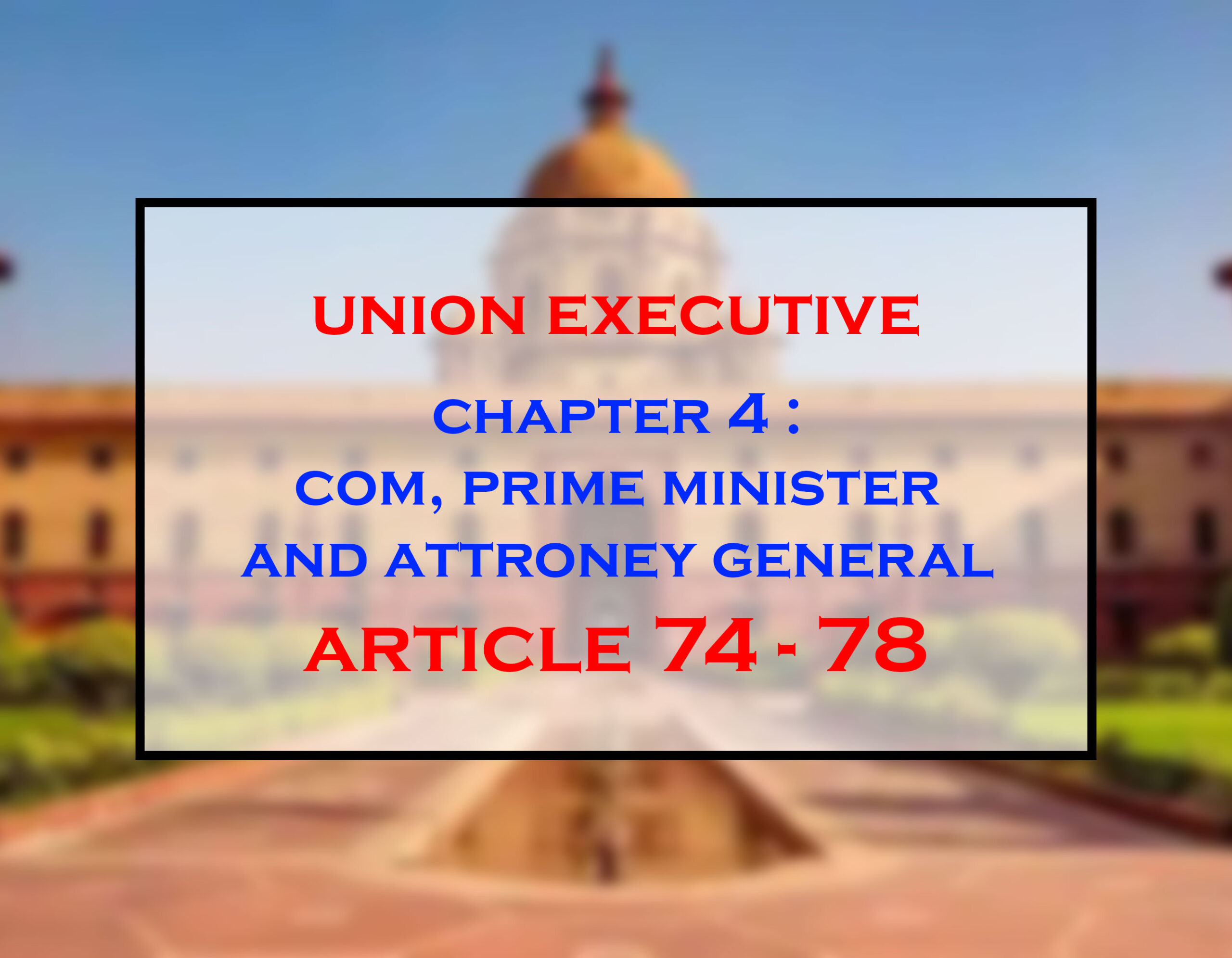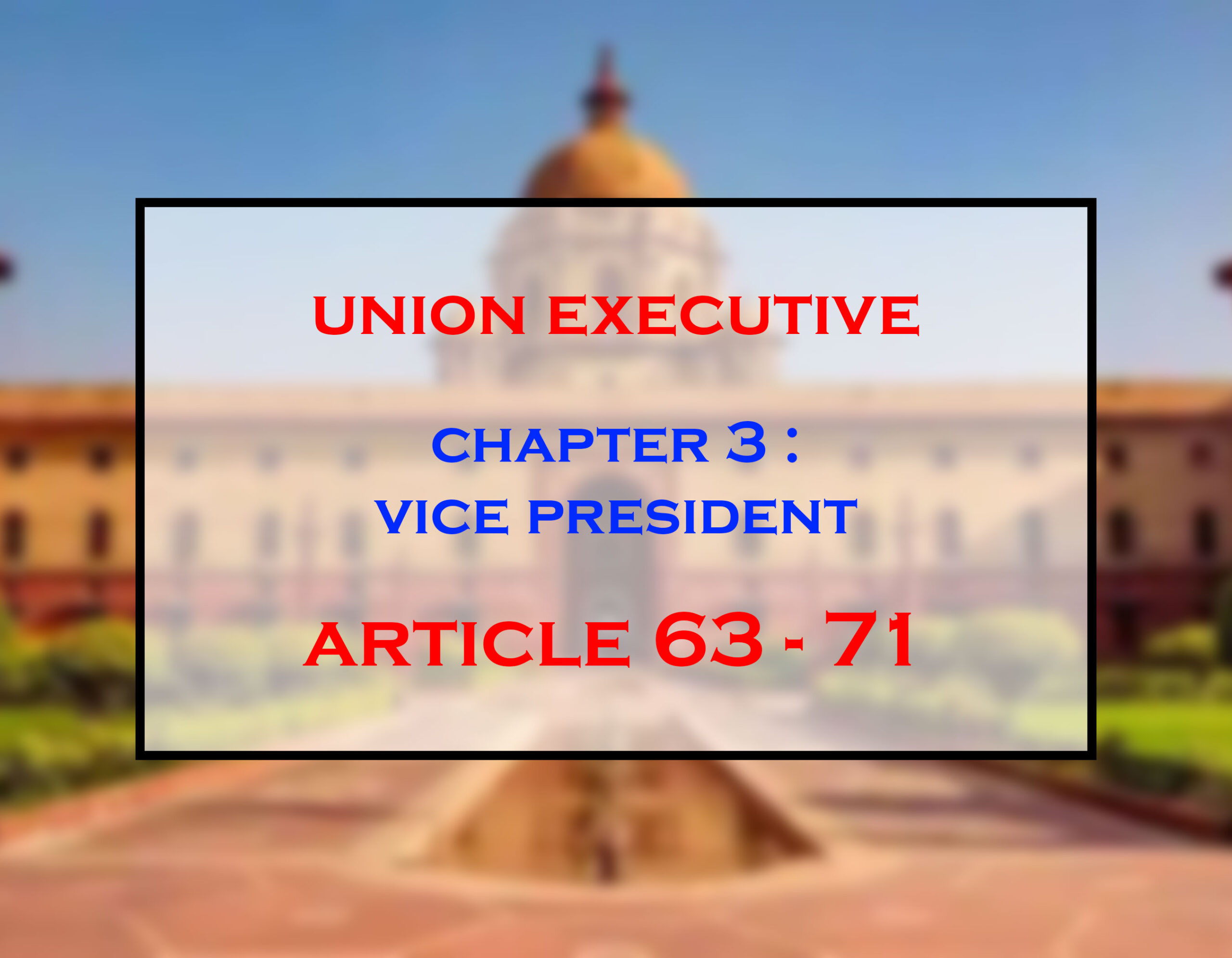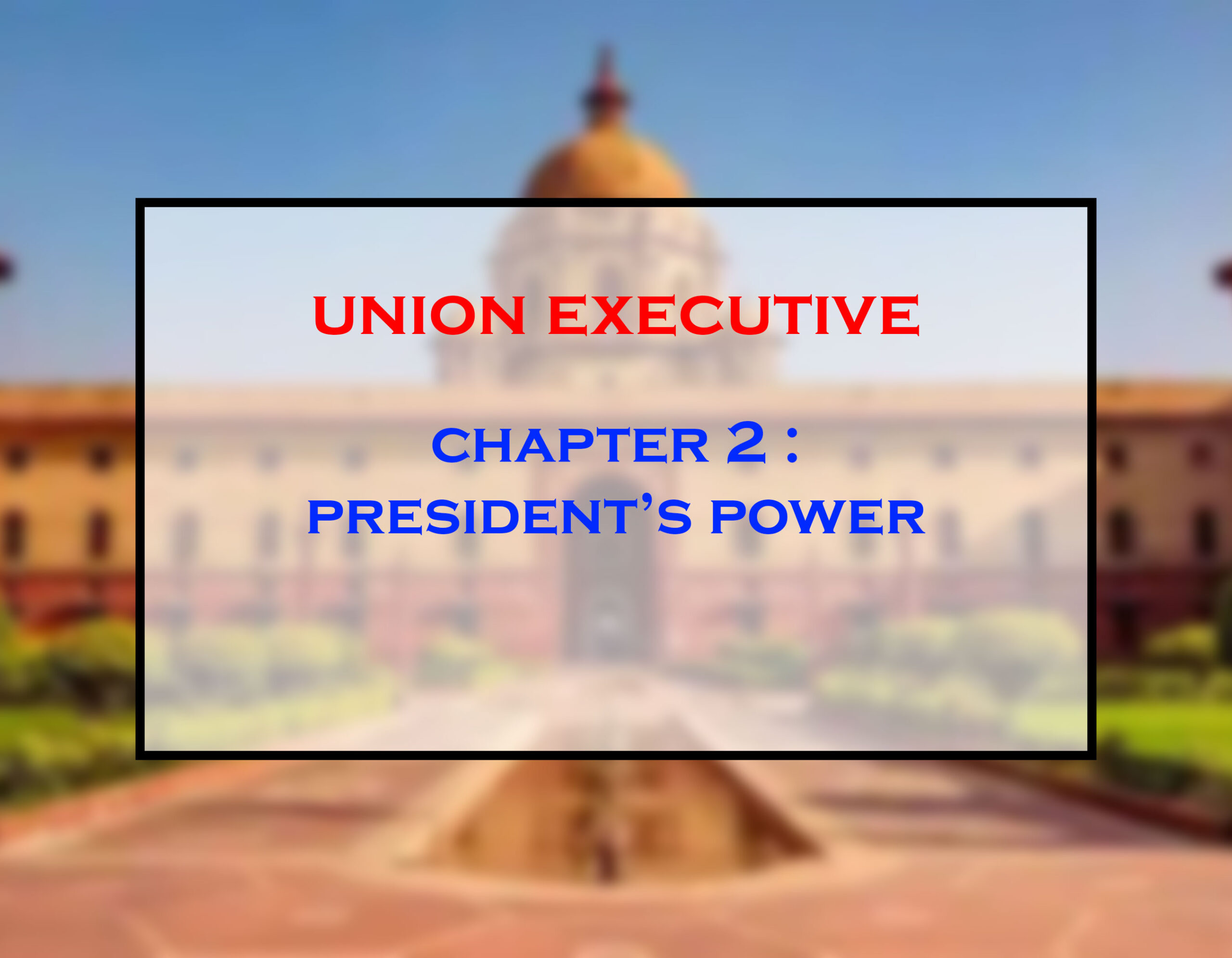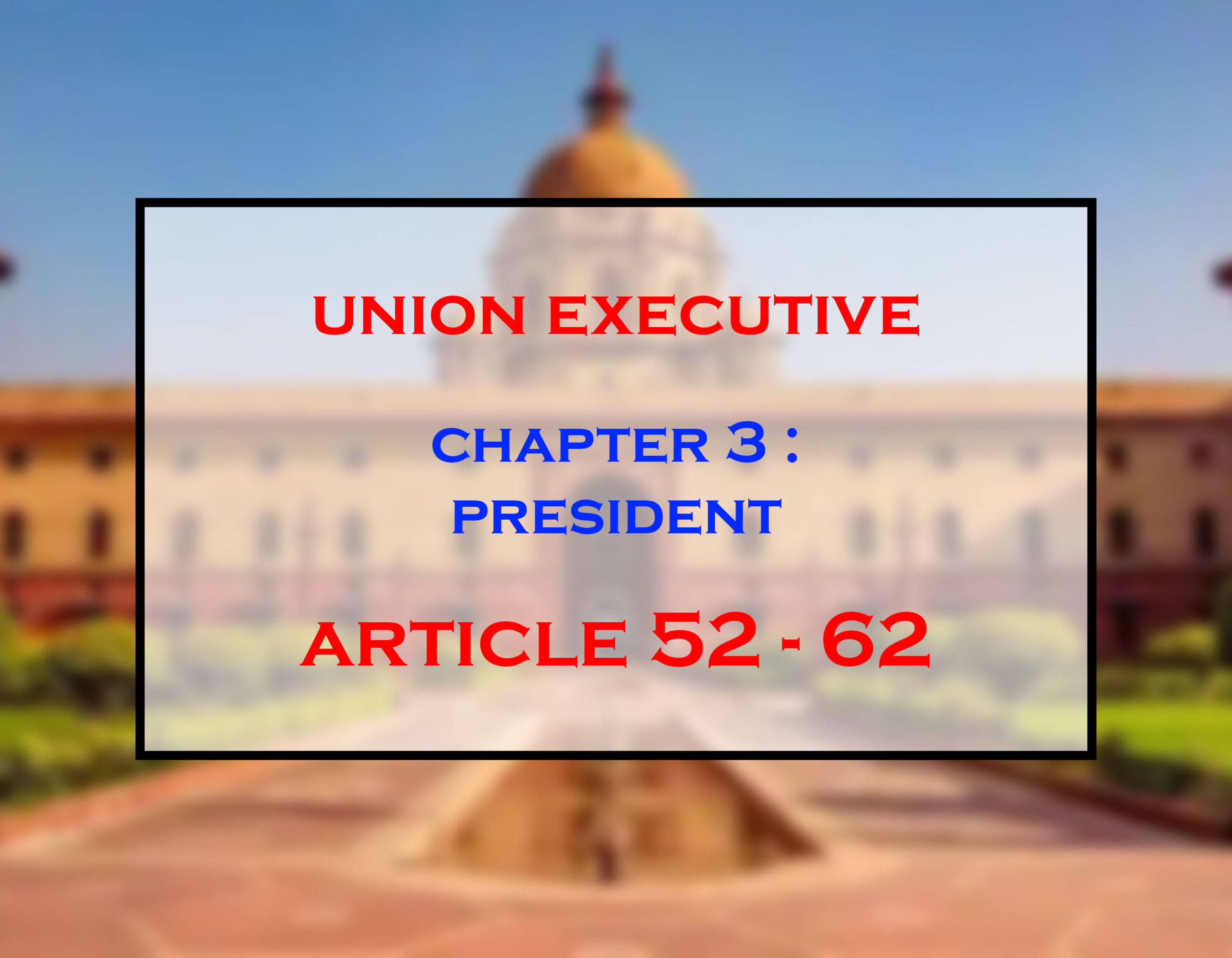Article 148 – Comptroller and Auditor-General of India Article 149 – Duties and powers of the Comptroller and Auditor-General The Comptroller and Auditor-General shall perform such duties and exercise such powers in relation to the accounts of the Union and of the States and of any other authority or body […]
Part 5 – Union Executive
Article 138 – Enlargement of the jurisdiction of the Supreme Court Article 139 – Conferment on the Supreme Court of powers to issue certain writs. Parliament may by law confer on the Supreme Court power to issue directions, orders or writs, including writs in the nature of habeas corpus, mandamus, […]
Article 124 – Establishment and constitution of Supreme Court. Article 125 – Salaries of Judges. Provided that neither the privileges nor the allowances of a Judge nor his rights in respect of leave of absence or pension shall be varied to his disadvantage after his appointment. Article 126 […]
Article 111 – Assent to Bills Article 112 – Annual financial statement Article 113 – Procedure in parliament with respect to estimate Article 114 – Appropriation bills Article 115 – Supplementary, additional or excess grants Article 116 – Votes on account, votes for credit and exceptional grants. Article 117 – […]
Article 101 – Vacation of Seats His seat shall there upon become vacant: Provided that in the case of any resignation received or otherwise and after making such inquiry as he thinks fit, the Chairman or the Speaker, as the case may be, is satisfied that such resignation is not […]
Article 86 – Right of President to address and send messages to houses. Article 87 – Special address by the President Article 88 – Right of Minister and Attorney General as respect houses. Article 89 – The Chairman and Deputy Chairman of the Council of States. Article 90 – Vacation […]
Article 79 – 123 in part V deal with the provisions of the Parliament. Parliament enables citizens of Indian to participate in decision-making process indirectly through their representatives. It is the most important symbol of Indian democracy and a key feature of the Constitution Article 79 – Constitution of Parliament […]
Council of Minister (COM) Article 74 – Council of Minister to Aid and advice President Article 75 – Other Provisions as to Ministers The Attorney-General for India Article 76 – Attorney-General for India Article 77 – conduct of business of the Government of India Article 78 – Duties of the […]
The Vice President is the second most important constitutional functionary of the Union. This office is modelled on the lines of the American Vice President. The first Vice-President of India – Sarvepalli Radhakrishnan. Article 63 – The Vice President of India Article 64 – Ex officio chairman Article 65 – […]
The post of the President is vested with substantial powers But, he has to function according to the advice of the Prime Minister and his council of Ministers. Therefore, his role is that of a Ceremonial Head in whose name the decisions of the government are carried out Executive Powers […]
The Union Executive consists of the President, the Vice President, the Prime Minister with his council of Ministers and the Attorney General. Article 52 to 78 in Part V Chapter 1 of the Indian Constitution deals with the Union Executive. Article 52 – President The President is the Head of […]

